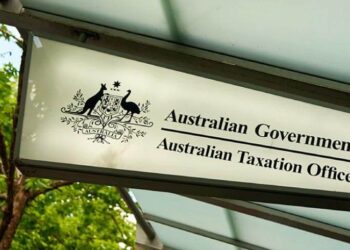In a post-budget webinar by Smarter SMFS, the question as to why APRA funds are not required to go through the same reporting regime as the SMSF sector was raised.
“That is an outstanding question,” said Tim Miller, technical and education manager for Smarter SMSF.
“It was a question that was posed directly to Treasury.
“We know the SMSF sector has the capacity to identify members’ TSB and the capacity to specifically allocate earnings to a member based on a fair and reasonable basis.
“It is a relatively straightforward process for us, and we do it via the member reports and we feel that this is an area that the government has dropped the ball on from a calculation point of view.
Mr Miller continued it is a widely held belief Treasury was taking a more simplistic approach to appease APRA funds that currently don’t undertake the level of reporting on the member statements that SMSFs do.
“We feel that this is a classic measure where you should have the capacity to either determine absolute earnings, in which case you’re then taxed on those earnings, if you’ve got the accounting powers do so.
“And should you not have that power, then at that point in time, you apply a formula-based approach. We don’t see any reason why Treasury can’t have a two-pronged approach to the calculations.”
He said this was the view that was put forward by the industry in the consultation process adding it gives an approach that has two very distinct and different outcomes for APRA funds and SMSF.
“How can you, on one hand, say something for one measure, but then not apply a same set of principles to another?”
“This goes back to the Cooper review when Jeremy Cooper, a former deputy chairman of the Australian Securities and Investments Commission who reviewed the superannuation system for the Gillard government, said SMSFs have their own unique set of circumstances.
He continued the review highlighted the fact there is nothing preventing or precluding the government from drafting certain levels of policy that deal with the mechanics of the issues relevant to SMSFs.
“Here is an opportunity to apply what we actually know, because we do actually know more about the members and their balances through the current SMSF reporting framework and what’s captured in the annual return, to what is in an APRA-regulated fund.”
“I think it’s important to note that we recognize the industry highlighted that 80 per cent of the people affected by this new proposed tax are SMSF members and we should be taking the approach of what is best for the SMSF industry, if they’re the ones that are going to be the most heavily impacted.


